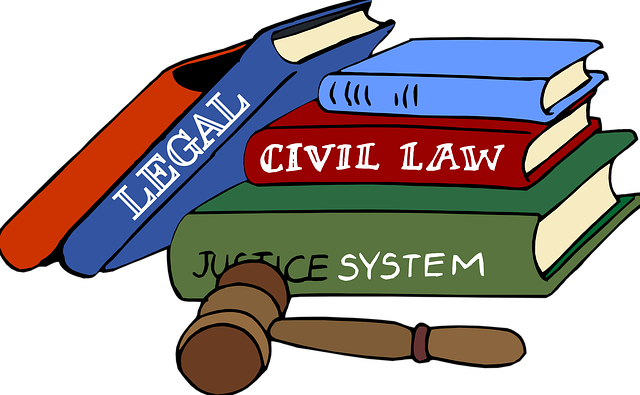Being released from prison or jail after a long sentence can feel overwhelming, but one of the
most important things to know is your rights.
Knowing your rights helps protect you as you begin to rebuild your life.
It ensures that you can make informed decisions, avoid legal trouble, and access the resources
and opportunities available to you.
In this blog post, we will explore the basic rights you should be aware of after release and how
you can use them to navigate life on the outside successfully.
The first and most important right is your right to fair treatment. Once you are released, you have
the right to be treated fairly and with respect, just like anyone else.
Employers, landlords, and government agencies cannot treat you unfairly just because of your
criminal record.
The Fair Housing Act, for example, protects people from discrimination when they are trying to
rent or buy a home.
Similarly, some laws prevent employers from automatically rejecting job applications just
because of a past conviction.
This does not mean you will always get the job or the apartment, but you have the right to be
given a fair chance.
Another right you have is the right to work and look for a job.
While some jobs may have restrictions for people with certain convictions (like working with
children or in law enforcement), most employers are open to hiring people who are committed to
turning their lives around.
Many states have laws that help protect people with criminal records from discrimination in the
hiring process.
These are often called “Ban the Box” laws, which prevent employers from asking about your
criminal history on job applications.
However, employers may still run background checks later in the hiring process, so it is
important to be honest when discussing your past.
You also have the right to access job training programs and resources that can help you improve
your skills and increase your chances of finding employment.
In addition to the right to work, you may have the right to vote, depending on your state.
In some states, people with felony convictions lose their voting rights permanently, while in
others, you can vote again after completing your sentence, including parole or probation.
It’s important to check the rules in your state so you know whether or not you are eligible to
vote.
Voting is an important way to have your voice heard and to participate in your community, so
knowing whether you have this right is essential.
You also have the right to access public benefits and services that can help you get back on your
feet. Programs like food assistance (SNAP), housing support, and healthcare (Medicaid) are
available to people who qualify, including those who have been recently released.
These programs can provide important support as you work to rebuild your life.
Some states may have restrictions on certain benefits for people with felony convictions, but
many resources are still available, so it’s worth looking into what you qualify for.
Another important right to understand is your right to parole or probation guidelines.
If you are on parole or probation, it is crucial that you know the specific rules and conditions you
must follow.
These rules might include meeting with a parole officer regularly, staying employed, attending
counseling or classes, and avoiding contact with certain people.
Violating these conditions can lead to serious consequences, including being sent back to prison.
You have the right to ask your parole officer questions about anything you don’t understand, and
you also have the right to legal assistance if you feel your parole or probation terms are unfair.
If you believe your rights are being violated, you have the right to seek help. This could be from
a lawyer, a legal aid organization, or another trusted source.
For example, if you are being discriminated against in housing or employment because of your
criminal record, there are organizations that can provide legal support and help you stand up for
your rights.
It’s important to remember that you don’t have to navigate these challenges alone—there are
people and resources available to help you.
Finally, you have the right to move forward with your life. This means setting goals, building
relationships, and pursuing your dreams.
While it’s important to be aware of any restrictions you may face, like not being able to travel
out of state without permission from a parole officer, you have the right to work toward a
positive future.
This can include applying for certificates of rehabilitation or expungement to clear or reduce the
impact of your criminal record in some cases.
Each state has different laws around expungement, but it’s worth looking into whether you
qualify.
In conclusion, knowing your rights after release is essential for successfully reintegrating into
society.
From fair treatment in housing and employment to understanding your parole or probation
guidelines, being informed about your rights will help you make better decisions and avoid
problems.
Remember, there are many resources and people who can help you along the way.
You have the right to a second chance, and by knowing and using your rights, you can create a
better future for yourself.
Keywords: rights, fair treatment, work, parole, probation, discrimination, housing, voting,
resources, second chance

